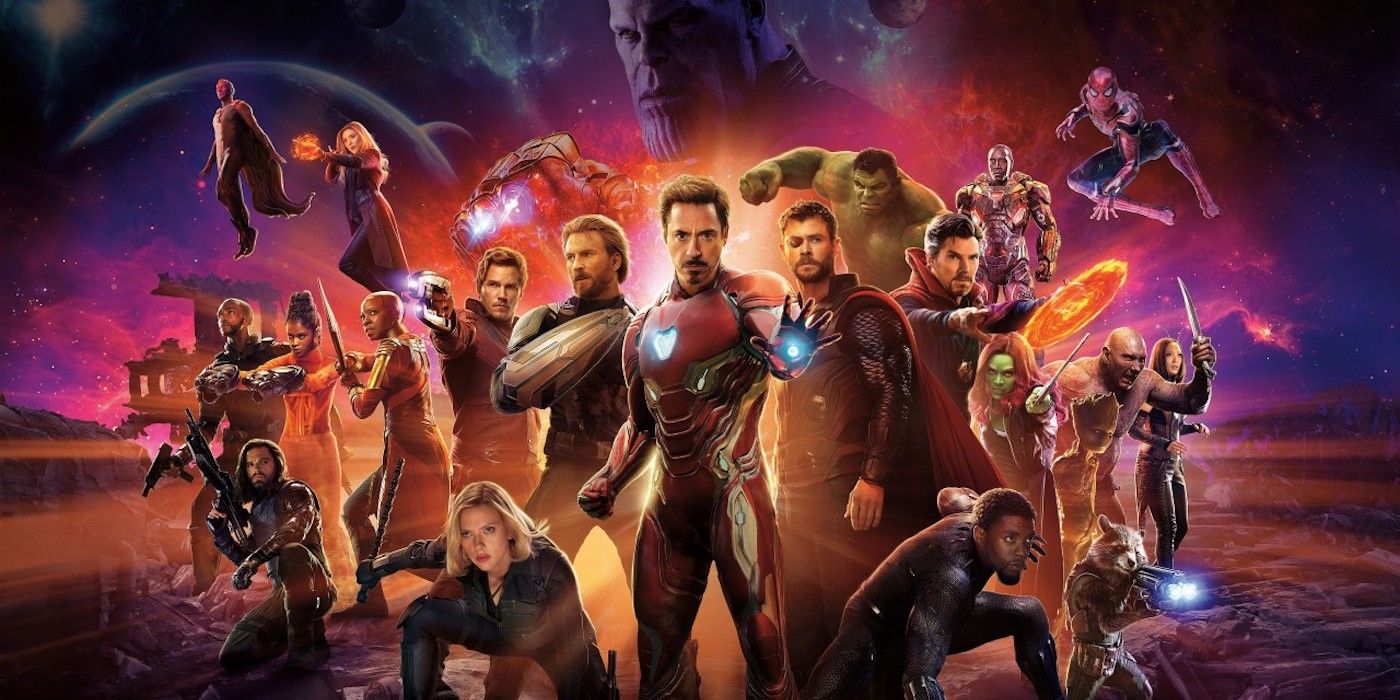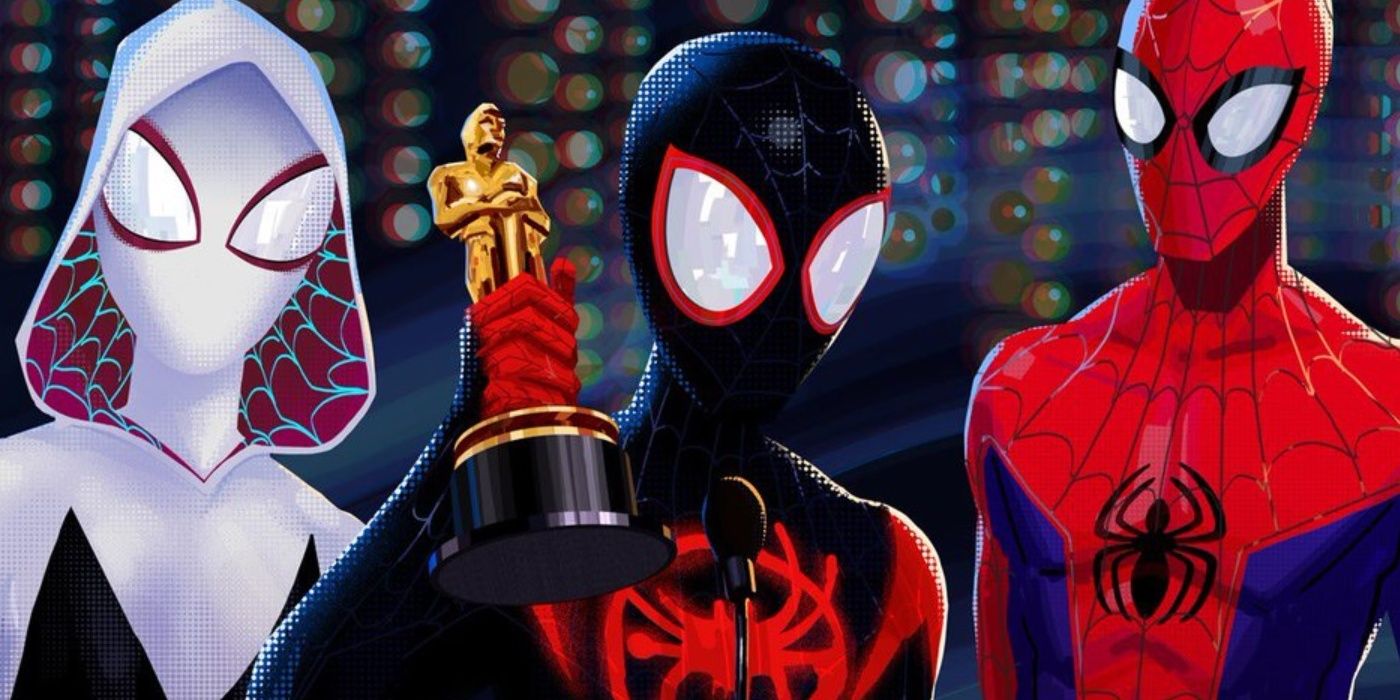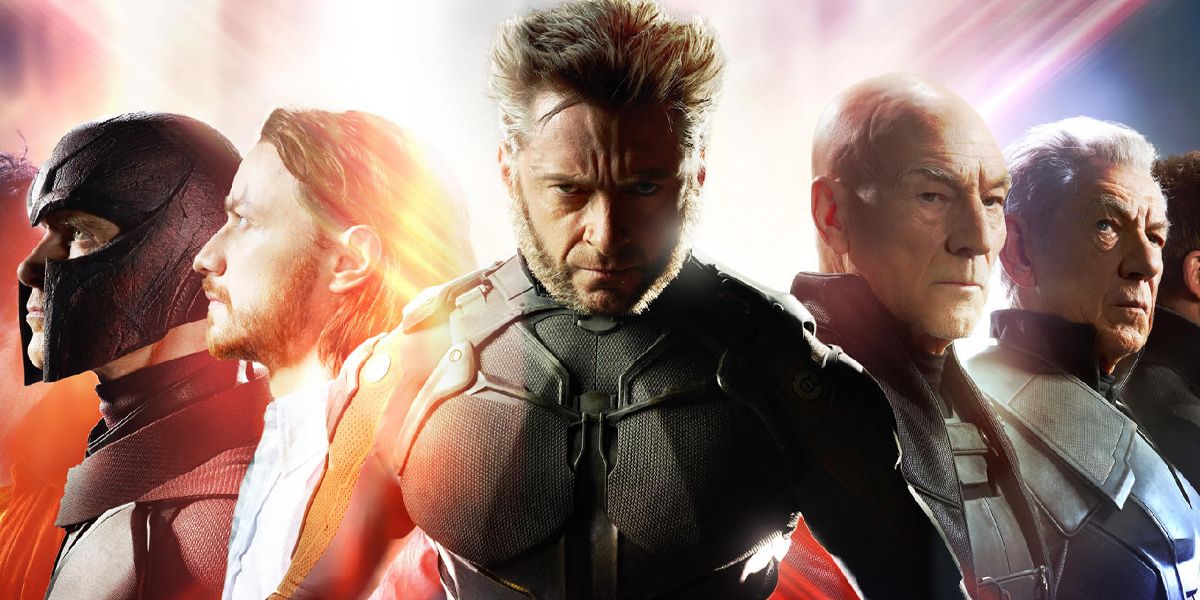WARNING: The following article contains spoilers for Spider-Man: Far From Home, in theaters now.
Despite Mysterio's multiversal origins being seemingly revealed by promotional footage for Spider-Man: Far from Home, the movie's big twist revealed that was all just a ruse. However, Kevin Feige confirmed the Multiverse does, in fact, exist in the Marvel Cinematic Universe, having been established as far back as Doctor Strange. There are a lot of good reasons Marvel Studios should tap into the Multiverse for future films.
Where No MCU Film Has Gone Before
Having a Multiverse allows for future Spider-Man films to explore new territory. Into the Spider-Verse used the Multiverse to its advantage, becoming a hit in the process. Embracing the Multiverse would enable fan-favorites like Spider-Gwen, Miles Morales and even Spider-Ham to join the MCU. This might also allow the MCU to bring in villains like Morlun, one of Spider-Man's most dangerous and frightening villains precisely because of his connection to the Multiverse. A multiversal angle could give the Spider-Man franchise a breath of fresh air, allowing for subsequent films to go beyond the usual settings Spidey is accustomed to and really allow filmmakers to create some unique and engaging stories.
Developing the Multiverse would also allow Marvel Studios to build the next phase of the MCU in an interesting way, especially since Thanos and the Infinity Gauntlet are a tough act to follow. Marvel will need to bring some hard-hitting threats to keep audiences coming back for more. Fortunately, the comics have a wealth of multiversal threats that operate on a cosmic level, meaning a Multiverse might better allow Marvel Studios to introduce a proper world-eating Galactus, the omnipotent Beyonder or the immensely dangerous Annihilus.
Introducing the X-Men
One of the most compelling facets of the MCU is its interconnectedness, but bringing the X-Men into the current cinematic canon could be challenging. Unless Marvel goes with the version of the mutants from the Ultimates comics where they are not, in fact, the result of genetic evolution but instead the product of human genetic experimentation, integrating mutants into the MCU raises many questions. And unlike Captain Marvel, it can't be said that they were all off-planet somewhere. Implying that all mutants have been hiding behind the scenes of the entire MCU is going to be a tough sell.
Marvel Studios could definitely use the Multiverse to make the process easier. Bringing mutants to the MCU means introducing a major origin that's not yet been seen or referenced. However, a parallel Earth where people have been experiencing genetic mutations for generations greatly simplifies matter for both film creators and audiences alike. This same approach could also be used to easily bring the Fantastic Four, multiversal explorers as they so often are, into the fold of the MCU without having to completely reimagine them in the current continuity.
A Way to Bring Back the Dead
Parallel Earths might allow Marvel Studios to bring those characters who have died back into the fold. At this point, most assumptions about the upcoming Black Widow film seem to place it before her heroic sacrifice in Avengers: Endgame. But with a Multiverse in play, beloved characters have the option of coming back, bringing all the inherent complications those revivals might entail with them. This might mean Robert Downey Jr. or Chris Evans could return as Tony Stark/Iron Man or Steve Rogers/Captain America, respectively, at some point in the future, if they so choose.
These revivals might might not just be for heroes, either. This could give Marvel Studios another crack at villains that fell flat or stumbled in their first outings, or even something like Age of Ultron, but set on a dystopian Earth where everything has gone full robot.
Marvel has a wealth of material to draw from in expanding its cinematic universe. The Multiverse deserves to be so much more than just an Easter egg or teaser. Instead, it should be fully explored and used to create even more engaging stories in the future.
Directed by Jon Watts, Spider-Man: Far From Home stars Tom Holland, Samuel L. Jackson, Zendaya, Cobie Smulders, Jon Favreau, JB Smoove, Jacob Batalon and Martin Starr, with Marisa Tomei and Jake Gyllenhaal.




